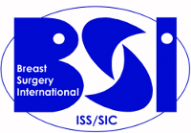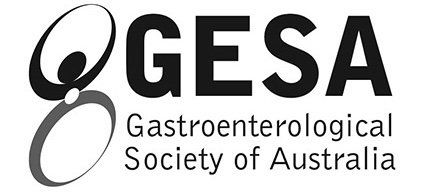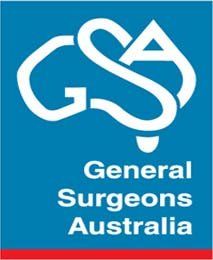Endoscopy
What is an Endoscopic Procedure?
The term ‘Endoscope’ comes from two Greek words, endo-, meaning inside, and -skopein, meaning to examine.
The benefits of Endoscopy include
- smaller incisions with little scarring
- faster postoperative recovery
- less pain and lower complication rates
- easier recovery
Why is an Endoscopy Required?
Where possible surgeons prefer a minimally invasive therapeutic approach. An Endoscopic approach is a very common surgical procedure and has strong benefits.
In some cases, our doctors may need to perform as an Endoscopy. This surgical procedure can be used for:
- diagnosis - to clearly view targeted regions inside the body
- treatment - to affect a minimally invasive outcome
Indications for Endoscopy
Indications for an Endoscopic Examination can include:
- Difficulty or pain when swallowing
- G.I. bleeding- hematemesis, melena, or iron-deficiency anaemia
- Troublesome heartburn
- Persistent ulcer-like pain
- Dyspepsia
- Anorexia or weight loss
- Taking aspirin or NSAIDs
- History of gastric ulcer
- Persistent nausea, vomiting, or symptoms suggestive of pyloric obstruction
- Gastric ulcer demonstrated by barium meal
- Duodenal biopsy for suspected malabsorption
About Your Endoscopy Procedure
An Upper GI Endoscopy is usually performed on an outpatient basis.
Endoscopy involves the use of a flexible tube to examine the upper intestinal tract including the oesophagus, stomach and duodenum.
The procedure is commonly undertaken if your doctor suspects that you have a problem with the:
- oesophagus,
- stomach or
- duodenum eg an ulcer, cancer, inflammation or other abnormality, or for
- Assessment for Coeliac disease which will include a small bowel biopsy can also be undertaken.
Your doctor can perform some endoscopic surgical procedures on an outpatient basis. This means patients can return home the same day of the procedure.
Using this method also enables your doctor to examine the internal structures regionally and where necessary treat these structures (if necessary) at the same time.
After Your Endoscopy Procedure
It is important to avoid high impact activities during the early phase of recovery to minimise the risk of fracture.
If there are any postoperative concerns or pain please do not hesitate in contacting A/Prof Krishnan or the rooms.
Risks With Endoscopy?
Other general medical and surgical risks can include:
- allergies and
- anaesthetic complications can occur
Complications are not common but can occur.
Prior to making any decision to have surgery, it is important that you discuss any concerns with A/Prof Krishnan and understand the potential risks so that you can make an informed decision regarding the surgery’s advantages and disadvantages.
While complications due to surgery are uncommon they can occur, the following are some:
- risk of infection,
- postoperative bleeding
- clotting in the leg (deep vein thrombosis - DVT) or lung.
Rarely do these complications prevail over the long term.
















